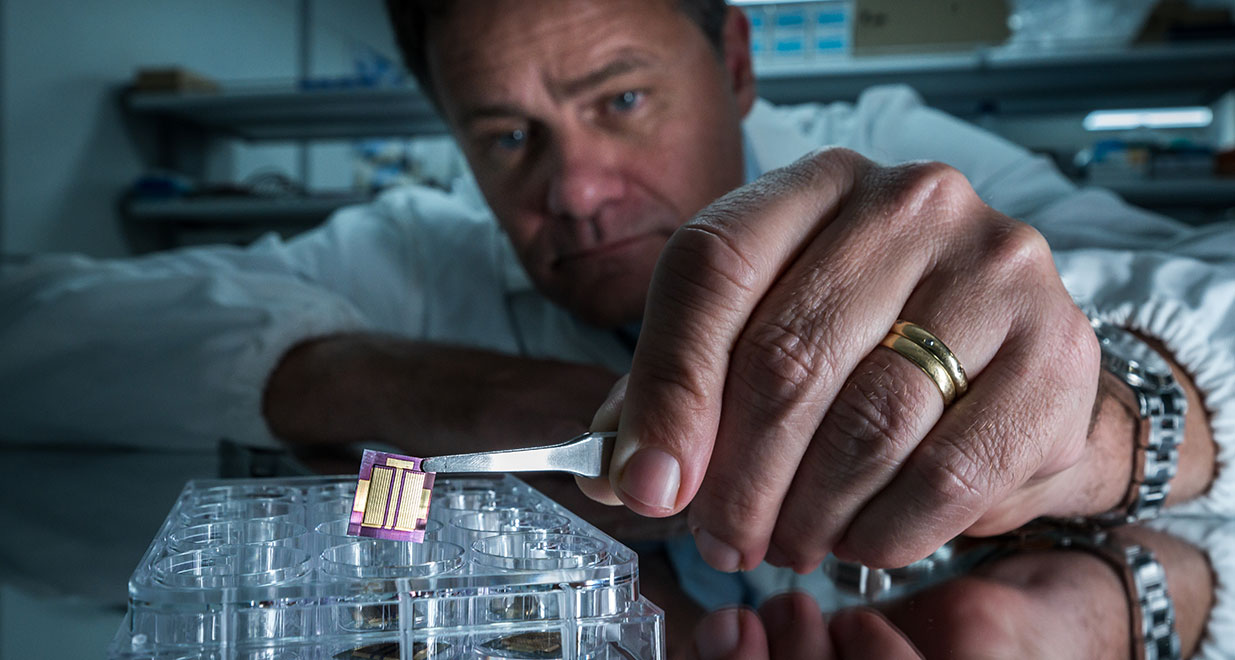Essential Goods and Supply Chain Program

In May 2020, the Queensland Government announced up to $50 million had been redirected to help Queensland manufacturers make essential goods such as personal protective equipment, health consumables and devices.
In response to the global COVID-19 pandemic, in May 2020 the Queensland Government announced up to $50 million had been redirected to help Queensland manufacturers make essential goods such as personal protective equipment, health consumables and medical devices.
The program was designed to assist Queensland businesses to shore up the state’s ability to produce PPE in the face of COVID-19 and future pandemics.
In addition to assisting the state’s economic recovery, the program assisted companies to commercialise innovative technologies and create advanced manufacturing jobs for the future.
The Queensland Government is committed to retaining locally developed intellectual property and technical expertise, and supporting the development of new manufacturing capabilities, especially in priority industries like biomedical.
Last updated: 21 May 2025
